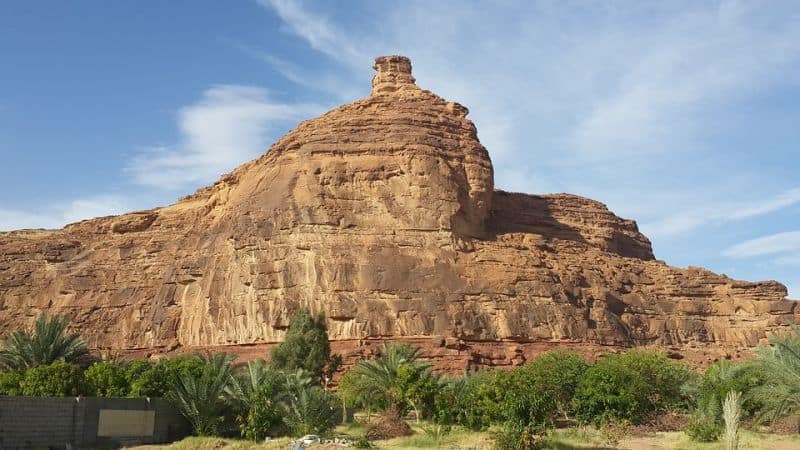United Nations: The new head of the UN cultural agency warned today that 17 of the 82 World Heritage sites in the Arab region are on its “danger” list because of conflicts.
Audrey Azoulay, who took the helm of the educational, scientific and cultural agency known as UNESCO earlier this month, said over 100 sites across Iraq have been damaged.
She told a UN Security Council meeting today on the destruction and trafficking of cultural heritage by terrorists and during conflicts that all six World Heritage sites in Syria have been “severely affected” including Palmyra and Aleppo, one of the world’s oldest cities.
Azoulay praised the council’s adoption in March of a resolution condemning the unlawful destruction of cultural heritage and warning the Islamic State extremist group, al- Qaida and other combatants that such attacks may constitute war crimes.
The resolution expands previous measures which were limited to the illicit trafficking in looted cultural items to fund terrorism and focused on Iraq and Syria.
Azoulay called the measure “a major breakthrough” that “testifies to a new awareness on the importance of culture, not only to respond to conflicts but also to prevent radicalisation and fight violent extremism.”
She called for all countries to implement the resolution, improve data collection and information sharing on trafficking routes, and better damage assessments.
“This is why over the last months UNESCO sent rapid assessment missions to Palmyra, Nimrud, Ashur and most recently, Mosul, to define emergency protection measures,” Azoulay said.
UN counter-terrorism chief Vladimir Voronkov called terrorist attacks on World Heritage sites “an attack on our common historical roots and cultural diversity.”
“Additionally, the looting and illicit trafficking of cultural objects leads to the financing of terrorism and criminal networks,” he said.
To combat trafficking, he called for a stronger focus on investigations and cross-border cooperation, and on bringing in collectors, art dealers, auction houses and the tourism sector to stop the illegal trade in stolen cultural items.
Yury Fedotov, head of the UN Office on Drugs and Crime, told the council by videoconference from Vienna that “we need to do more to support countries to detect stolen cultural property with a view to dismantling criminal networks.”
“The art market and museums should pay special attention to the provenance of cultural items that they are considering for acquisition, or with which they otherwise come into contact,” he said. “Governments can help them to ensure that this care is diligently exercised.

